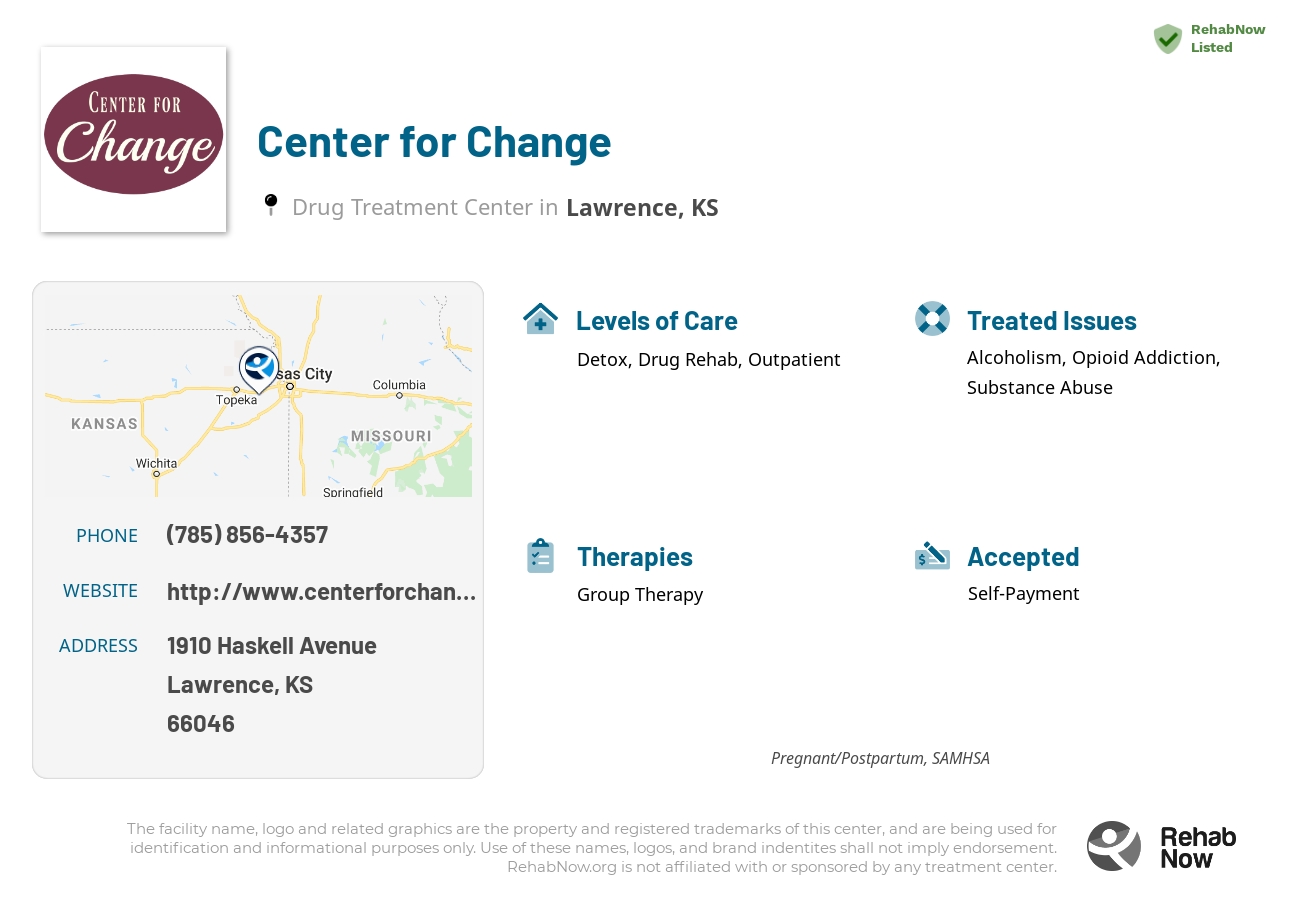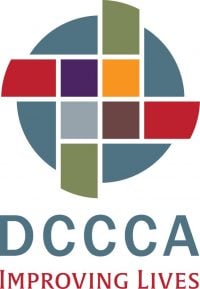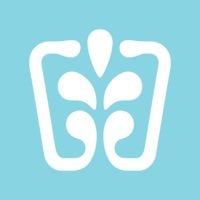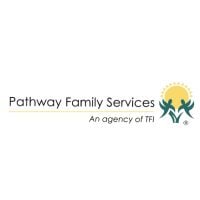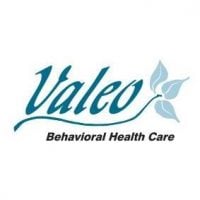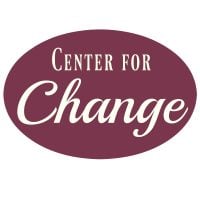
Center for Change
Drug Rehab Center in Lawrence, Kansas
- Substance Abuse
- Opioid Addiction
- Drug Addiction
- Alcoholism
The Center for Change is a CARF and SAMHSA accredited facility in Kansas offering a range of levels of care from detox to outpatient treatment, with a passionate staff dedicated to helping people achieve long-term sobriety.
About This Kansas Facility
Center for Change is a substance abuse and addiction treatment facility located in Lawrence, KS. They specialize in treating issues such as alcoholism, opioid addiction, substance abuse, and drug addiction. Their core services include detox, inpatient treatment, outpatient levels of care, aftercare planning, and special programs such as addiction education and more. With a compassionate and professional approach, Center for Change provides evidence-based treatments tailored to meet the individual needs of each patient.
At Center for Change, individuals can receive the comprehensive care they need to develop a recovery plan and tools for long-term success. Services such as individual and group counseling are available and designed to provide education about addiction, helping patients to identify triggers and build coping skills. Other available services include medication-assisted treatment and case management. Additionally, the facility is accredited by CARF and SAMHSA, which demonstrates their commitment to providing high-quality care and meeting national standards for addiction treatment.
Genders
Ages
Modality
Additional
Accreditations
SAMHSA

CARF
The Commission on Accreditation of Rehabilitation Facilities (CARF) is a non-profit organization that specifically accredits rehab organizations. Founded in 1966, CARF's, mission is to help service providers like rehab facilities maintain high standards of care.
Conditions and Issues Treated
Substance Abuse Treatment is important when getting sober, as it helps addicts learn the skills they need to live a clean life. There are many different kinds of recovery treatment, including medication-assisted therapy, behavioral therapeutic approaches and self-help groups, as well as counseling.
Opioid abuse has become a national epidemic in the last decade. The US has one of the world’s highest rates of opioid use and abuse, as well as opioid-related deaths. Opioids are classified as Schedule II-IV controlled substances in the US due to their high potential for abuse.
Oxycodone, hydrocodone, methadone, and fentanyl are the most common Opioids and are commonly prescribed to treat pain. Tolerance to opioids develops over time, making life difficult, if not impossible, without them. Opioid users often obtain the drugs illegally. They can be drug dealers, friends, or family members who do not have valid prescriptions.
The desire for a more intense high than prescription opioids can quickly lead to heroin use. Heroin users are more prone to illness and death due to the high risk of overdose.
Many opioid addicts who seek treatment believe that the only way to overcome their addiction is through medical detox and long-term drug addiction rehab. To help patients wean off their addiction and reduce the risk of overdose, medication-assisted therapy (MAT) involves prescribing a replacement opioid. Doctors use MAT in conjunction with other anti-craving medications to help patients maintain recovery. Due to the high risk of relapse, MAT is often combined with individual and group counseling and social support programs.
Levels of Care Offered at Center for Change
This center offers a variety of custom treatment tailored to individual recovery. Currently available are Detox, Drug Rehab, Outpatient, with additional therapies available as listed below.
The detoxification process typically includes some combination of the following: medical supervision, medication to help alleviate withdrawal symptoms, drug testing to monitor progress, and counseling.
Tackling the physical symptoms of withdrawal is essential to ensure that an individual can focus on the psychological aspects of the addiction without focusing on the physical pain that comes with withdrawal.
Withdrawal symptoms can be uncomfortable, even life-threatening, so carefully managing the detox process is extremely important. In many cases, more advanced pharmaceutical interventions are used to treat more severe withdrawal symptoms. Medication might help alleviate discomfort associated with detox, including nausea and headaches.
An outpatient treatment program is set up to help with alcohol or drug addiction or a co-occurring disorder. The patient must attend the facility for their therapy and other programs but can return home each night.
The frequency of mandatory attendance decreases after much of Center for Change‘s program is complete.
Outpatient treatment is a recovery approach that allows recovering addicts to live at home while getting rehab for addiction
An outpatient can include day treatments which include attending group sessions one hour per week. A person living in an outpatient environment may be allowed the opportunity to work full time if they choose to and continue studies without interruption from drugs/alcohol.
Outpatient treatment is an option for people who want to maintain their careers and families. Outpatients live at home but attend treatment such as individual counseling, group counseling, or twelve-step meetings during the day.
Therapies & Programs
At Center for Change , to learn from past mistakes and improve one’s situation, the recovering person meets individually with a therapist. The counselor or therapist will address addiction causes, triggers, mental issues, dual diagnosis, and aftercare plans during this time. This is a very intense and challenging process. Some clients find it easier to open up to someone other than family or friends who understand their struggles with addiction.
In group therapy, recovering addicts meet with a therapist and other people in recovery. Some groups are closed, meaning only people who share the same addiction or problem can attend. Others are open to anyone who wants to stop using drugs or drinking alcohol. Group therapy sessions typically focus on one topic each week or month so that recovering addicts can discuss issues they face daily.
Payment Options Accepted
For specific insurance or payment methods please contact us.
Additional Details
Specifics, location, and helpful extra information.
Lawrence, Kansas 66046 Phone Number(785) 856-4357 Meta DetailsUpdated November 25, 2023
Staff Verified
Patient Reviews
There are no reviews yet. Be the first one to write one.
Lawrence, Kansas Addiction Information
About 42% of adults in Kansas have tried an illicit drug at some point in their lives. 12.4% of the state population uses illegal drugs and 4.5% abuse alcohol in a given year. 15.16% of all deaths in Kansas between 2008 and 2017 were caused by either drugs or alcohol.
The drug addiction problem in Lawrence, Kansas, is relatively bad. The Lawrence metropolitan area had a rate of 22.4 opioid-related overdose deaths per 100,000 people in 2016. This was the ninth-highest rate in the nation. In 2017, there were 127 reported HIV/AIDS-related injection drug use cases in Lawrence. Some of the most common treatments include inpatient, outpatient, and 12-step programs.
Treatment in Nearby Cities
- Osborne, KS (189.2 mi.)
- Goodland, KS (349.0 mi.)
- Leavenworth, KS (29.8 mi.)
- Hugoton, KS (355.4 mi.)
- Topeka, KS (25.3 mi.)
Centers near Center for Change
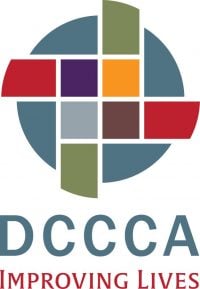


The facility name, logo and brand are the property and registered trademarks of Center for Change, and are being used for identification and informational purposes only. Use of these names, logos and brands shall not imply endorsement. RehabNow.org is not affiliated with or sponsored by Center for Change.



